The day everything changed started with a headache.
This made Hannah Skrastins unsure whether she wanted to play in a grass volleyball tournament in Vail. But she toughed it out, remembering that she had a partner and didn’t want to be a letdown.
During the match, she began to feel defeated. Her energy was drained. Her coordination was off. Her motivation wasn’t quite there.
“She’s a good volleyball player,” said her dad, Tim, “but she couldn’t get to the ball that day.”An MRI scan and a few hours later, on June 18, 2014, the family found out Hannah had a medulloblastoma brain tumor the size of a tennis ball.
A week later, it was removed during a nine-hour surgery. The procedure was followed by six weeks of radiation and six months of chemotherapy.
Her last treatment was on Feb. 20, 2015. She has been free of cancer since.
But her life wasn’t the same. The tumor took away most of her vision, rendering her legally blind, and she had to relearn how to do everyday things, like sit, walk, tie her shoes, use silverware and brush her teeth.
She knew then, however, one thing was going to stick with her: sports.
She couldn’t play volleyball again, but she picked up new sports and refocused on old ones, like track and field.
This season, Hannah, now a sophomore at Colorado Springs Christian School, competes in two Paralympic races.
While Hannah is adjusting to not being quite the athlete she once was, she still tries, even as she attends both CSCS and the Colorado School for the Deaf and the Blind and learns how to read Braille, walk across the street with the use of cane, and find the spoon on the dinner table.
“A lot of times, it’s her digging deep and trying everything,” said her mom, DeAnna.
‘She was very much an athlete’Hannah was always around sports. Her older sister, Abby, 19, played volleyball and ran track at CSCS, and Hannah wanted to be just like her.Hannah remembers competing at track meets as early as second grade. She was also a competitive swimmer and basketball player. She was active and athletic, and she didn’t want it any other way.She eventually put her focus on volleyball. She played developmental club volleyball with Colorado Juniors, and spent many weekends on the road, participating in tournaments across the state.But three years ago, during that grass volleyball match in Vail, she didn’t look like herself. And her parents knew it.Soon after, her parents requested an MRI. And hours later their world shifted when her doctor called and told her parents she had a brain tumor, which turned out to be malignant called medulloblastoma, commonly found in children. The cancer can start in the region of the brain at the base of the skull, called the posterior fossa, and it tends to spread to other parts of the brain and spinal cord.Hannah’s mom said symptoms -- such as headaches, throwing up, memory loss and lots of sleeping -- started about seven months before the volleyball game, but the family thought they were byproducts of becoming a teenager and her busy life with school, family and sports.“In the spring of 2014, Hannah was playing developmental club volleyball, running track and part of the school play,” DeAnna wrote in an email. “She was busy! So being tired made sense... she continued to have headaches and we started trying out different migraine medicines to give her relief.”She added, “School work continued to challenge her but she tried so hard to do her work, pay attention in class & turn in assignments.”But her doctor knew Hannah had an advantage during the recovery process — her athleticism.“It’s a good thing you’re athlete,” the doctor said, according to Hannah’s dad. “They do better at this.”
Enduring love of sportsDuring her recovery, she found solace in her family, arts and crafts and her service dog -- a goldendoodle named N.E.D., which pays homage to a medical term: No Evidence of Disease.A former skiier, Hannah has transitioned to bike-skis. And last year at CSCS, she competed in track and field.This year, she can’t put the same focus on track and field since she splits her time between two schools, but she still runs around her neighborhood with her mom.She’s fast, her mom says. But when she walks, she needs some guidance.So why are sports so important?“It made me feel good,” Hannah said. “There’s something in my heart that made me feel good.”Even the University of Colorado at Colorado Springs athletics department knew this, awarding Hannah a ceremonial scholarship to play volleyball. The Mountain Lions held a press conference to announce the signing in August 2015, about six months after she received her last treatment.The school paired with Hannah through the Friends of Jaclyn Foundation, an organization that aims to improve the quality of life for children battling pediatric brain tumors and other childhood cancers by matching them with local high school and college teams.Nowadays, Hannah is focused on getting her life on track. On most days, it’s family, school, her Christian faith and sports.“Everything that has happened has been so difficult,” her dad said. “She has fought through every step in a positive way and has kept an amazing attitude. She keeps going.”


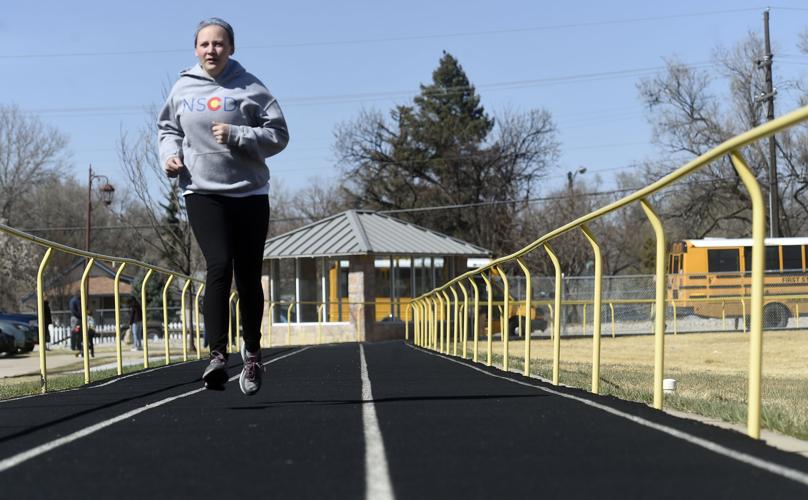
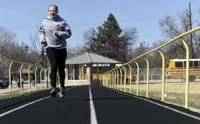
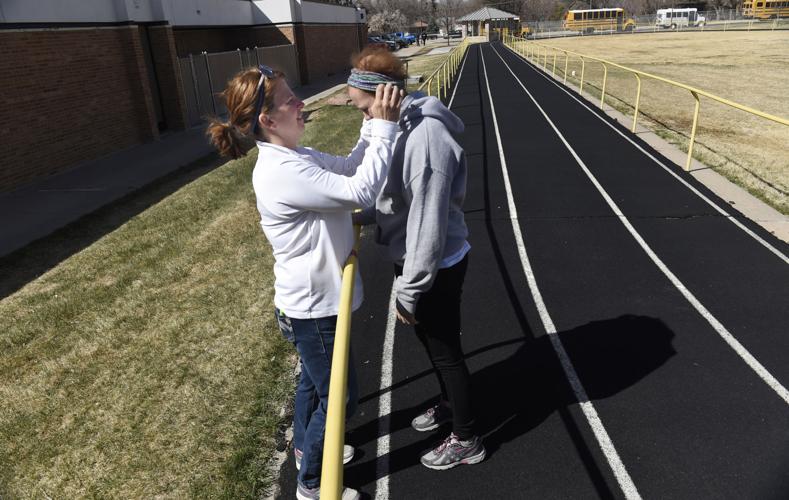
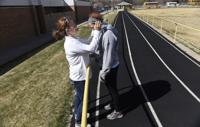

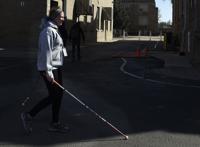

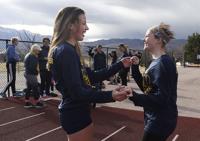

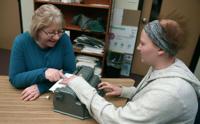

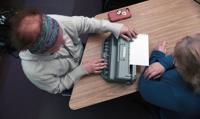

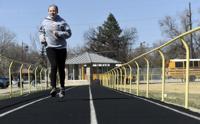

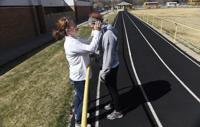

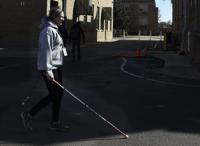

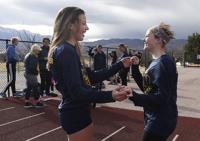

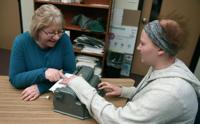

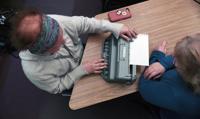

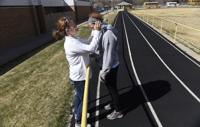

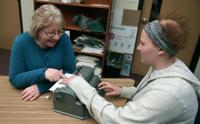

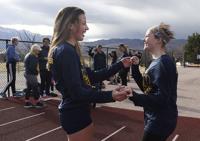

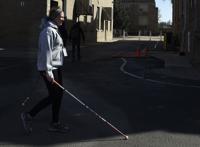

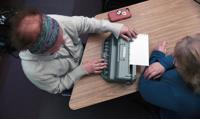

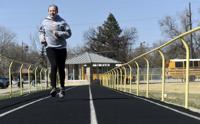
 Your Privacy Choices
Your Privacy Choices